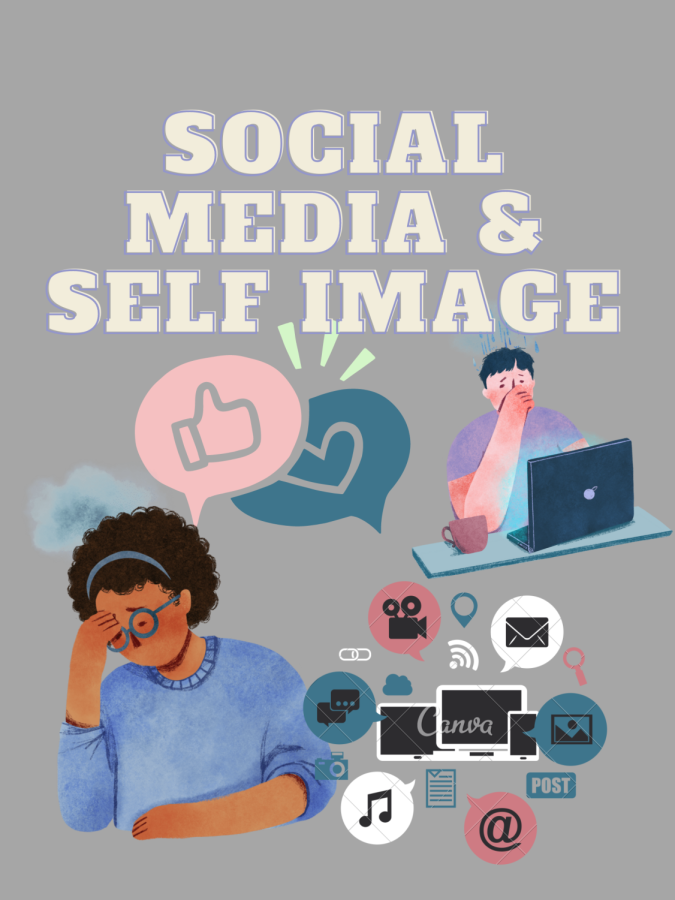Social Media And Self Image
May 12, 2022
In today’s society, social media plays a big role in the lives of teenagers and young adults taking a toll on people’s mental health and self image. With today’s generation, younger kids are able to access social media and insecurities start to form at an early age.
“Social media is where most students get information now instantaneously and because they’re so quick to go there for information people are also quick to compare themselves to others,” Counselor Shonda Taylor said.
When teens scroll through social media feeds on a daily basis, it starts to affect the way they perceive themselves. They see these unrealistic body standards and unrealistic lifestyles online and compare themselves to that image.
“So teenagers right now I think are especially comparing themselves to other people and not being confident in who they are and it’s affecting their self image,” Taylor said.
Having that kind of mindset puts them at risk of having depression or causing them to have low self-esteem. When teens start to develop that mindset, they start to question themselves why they aren’t good enough or why can’t they look as good as the Instagram models do. These issues can snowball into more major physical and mental health problems if not dealt with properly.
According to Frightening Social Media And Mental Health Statistics, by Maria Clark, “Since the release of smartphones, mental health concerns have increased in children and young adults. The rate of adolescents reporting symptoms of major depression in a given year increased by 52% from 2005 to 2017. From 2009 to 2017, it grew by 63% in adults ages 18 to 25.”
Studies have shown that spending more than three hours on social media can result in a higher risk of mental health problems for adolescents. Limiting social media use can be beneficial and improve mental health.
“Create a safe space, create an outlet for students to go to, to counter the negative pages,” Taylor said.
Students should try to surround themselves with more positivity instead of negativity. By creating positive pages for students to go to, this allows for a healthier environment and healthy habits.
Social media affects mental health which in turn affects student’s ability to function properly in school. Students become unmotivated to complete assignments and fall behind in their classes. Students can talk to school counselors or their teachers about their feelings and get advice on what they should do. It’s helpful for students to communicate, so they can find solutions to their problems.


